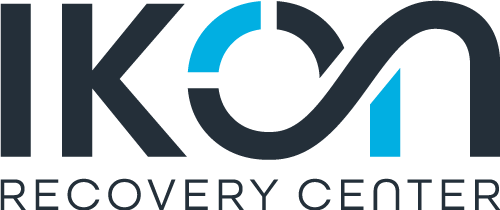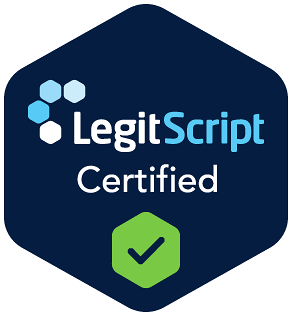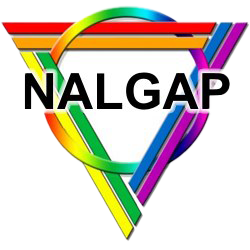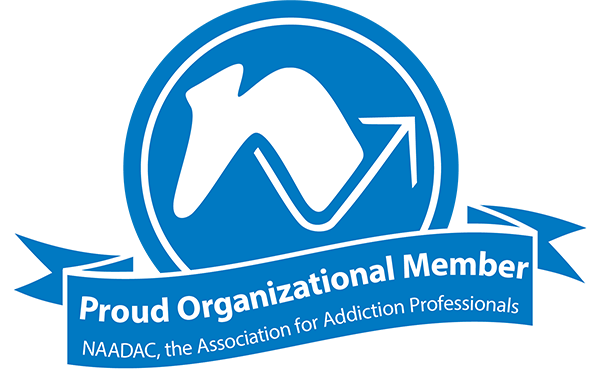The opioid epidemic in the United States is due in no small part to the dangerous and potent synthetic opioid fentanyl. Initially designed for medical use as a powerful pain reliever, it has since been widely misused as a deadly street drug. It is often mixed into other substances without the user’s knowledge.
In fact, as of May 2024, the DEA has declared fentanyl to be “the nation’s greatest and most urgent drug threat.”[1] And unfortunately, it’s readily available. With the use of modern technology and social media, illicit substance manufacturers and dealers can distribute their products widely.
But not all hope is lost. With the right support and innovative medical and therapeutic interventions, you or your loved one can overcome fentanyl addiction and build a safe, healthy future. At IKON Recovery, we’re committed to the highest quality care and the longest-lasting support to ensure you can safely transition back into daily routines without jeopardizing newly formed habits.
